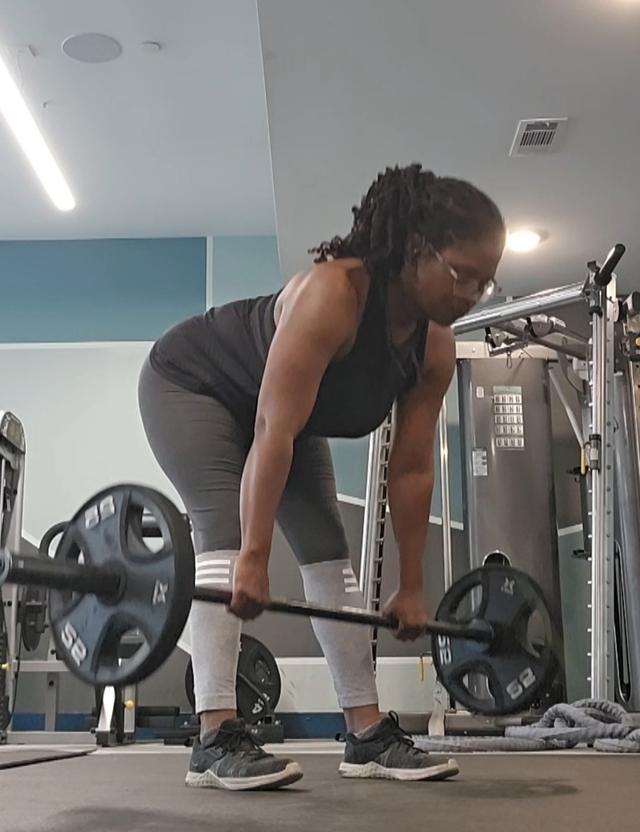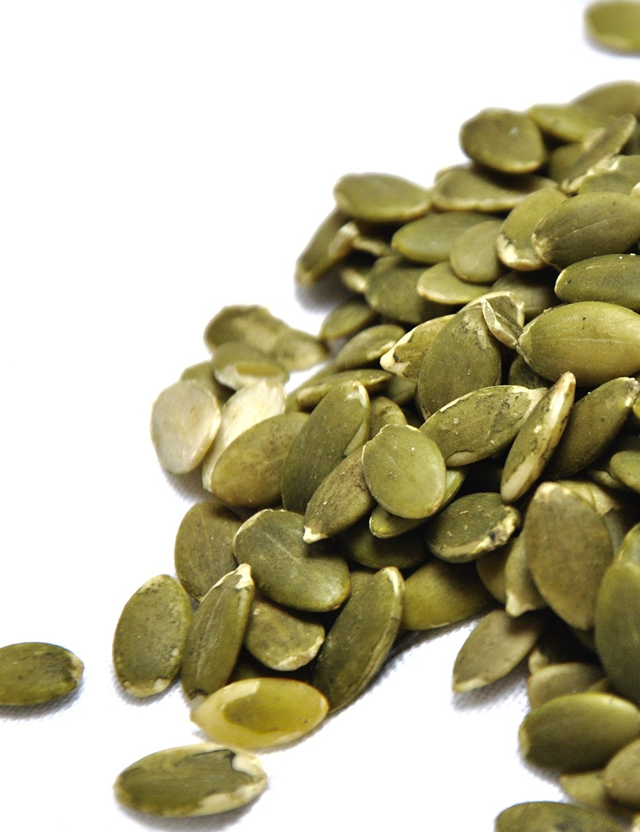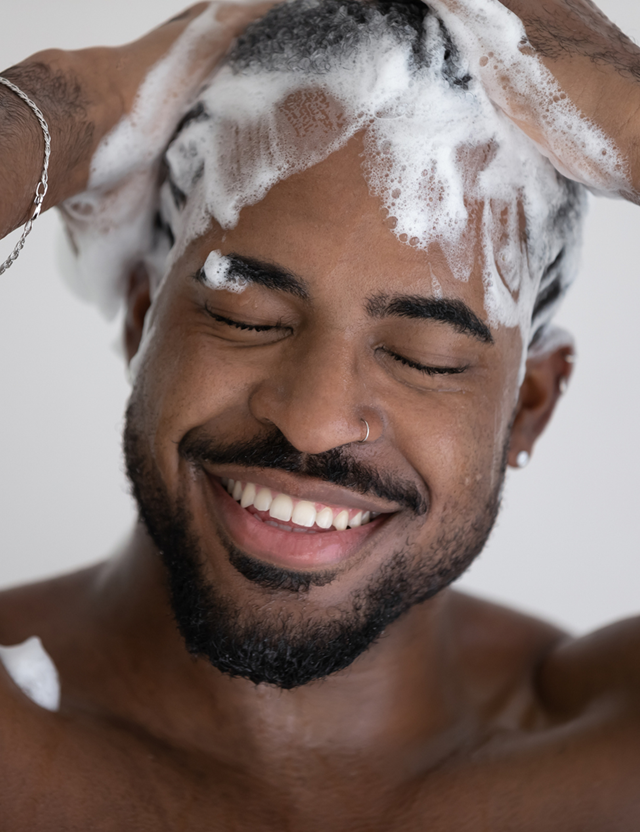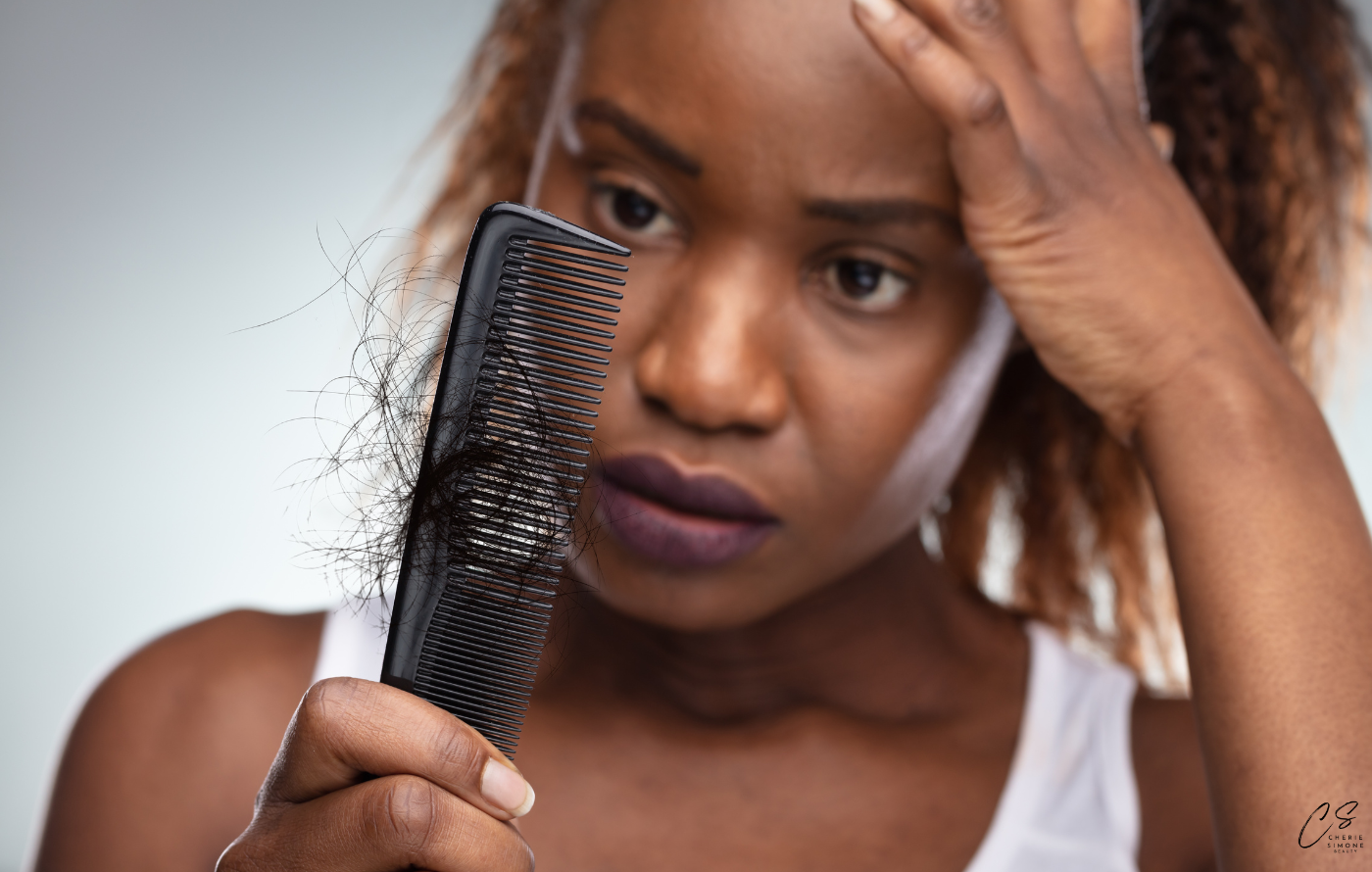
How Stress Causes Hair Loss – And What You Can Do About It
Hair loss is a common concern for many people, and while genetics, diet, and medical conditions play a role, stress is a major—yet often overlooked—culprit. If you’ve noticed more hair in your brush or shower drain during stressful periods, you’re not imagining it. Stress can indeed trigger hair loss, but the good news is that it’s often reversible.
How Does Stress Cause Hair Loss?
Hair growth occurs in cycles:
Anagen (Growth Phase)
Hair actively grows for 2-7 years.
Catagen (Transition Phase)
Hair stops growing for about 2 weeks.
Telogen (Resting Phase)
Hair rests for 3 months before shedding.
Stress disrupts this cycle, pushing more hair follicles into the telogen (shedding) phase prematurely. This results in noticeable hair thinning or shedding.
Types of Stress-Related Hair Loss
1. Telogen Effluvium What happens? Stress shocks the hair follicles, causing them to enter the resting phase early. When does it happen? Usually 2-3 months after a stressful event (e.g., illness, surgery, emotional trauma). Symptoms: Sudden, diffuse shedding all over the scalp.
2. Alopecia Areata What happens? The immune system attacks hair follicles due to extreme stress, leading to patchy hair loss. Symptoms: Round bald patches on the scalp or body.
3. Trichotillomania What happens? A stress-induced compulsive urge to pull out hair from the scalp, eyebrows, or other areas. Symptoms: Uneven hair loss with broken strands.



How to Reduce Stress and Prevent Hair Loss
1. Manage Stress Levels Practice mindfulness, meditation, or deep breathing exercises.
Engage in regular physical activity (yoga, walking, or cardio).
Get 7-9 hours of quality sleep nightly.
2. Eat a Hair-Healthy Diet
Protein (hair is made of keratin, a protein).
Iron & Zinc (deficiency can worsen hair loss).
Omega-3s & Vitamins (Biotin, D, E) for scalp health.
3. Avoid Harsh Hair Treatments Limit heat styling, tight hairstyles, and chemical treatments. Use gentle, sulfate-free shampoos.
Limit heat styling, tight hairstyles, and chemical treatments. Use gentle, sulfate-free shampoos.
Use gentle, sulfate-free shampoos.
4. Consult a Doctor if needed. If hair loss persists, see a dermatologist for treatments.



